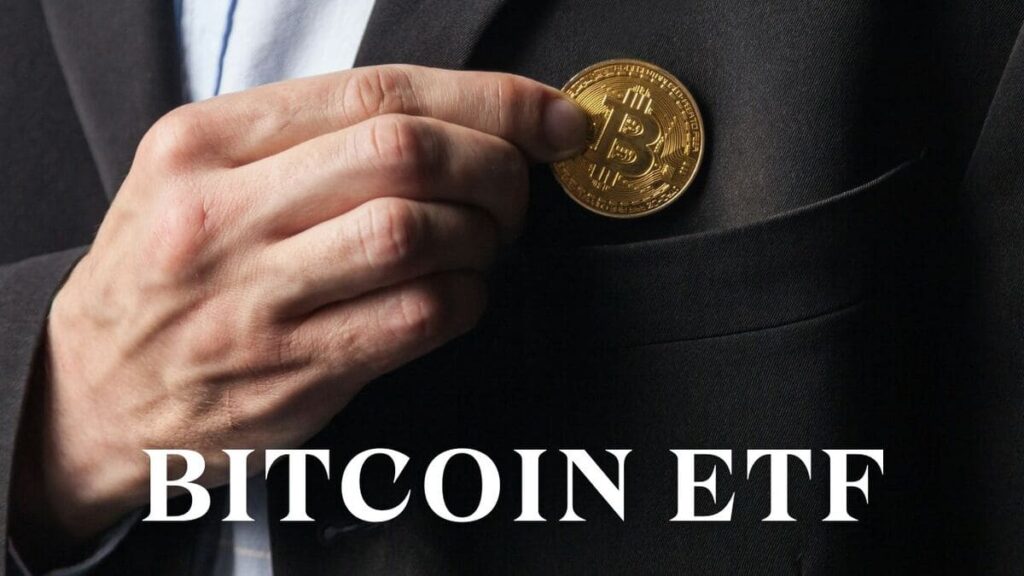TL;DR
- Bitcoin ETFs inject institutional capital but raise concerns about decentralization, a key pillar of BTC’s original design.
- ETFs allow access to BTC without direct ownership, which could concentrate control in a few hands and move away from Satoshi Nakamoto’s financial autonomy philosophy.
- They could increase the value of BTC and professionalize the industry, but also present centralization risks that must be monitored.
The approval of Bitcoin spot exchange-traded funds (ETFs) in the United States has been met with enthusiasm by much of the industry, but it has also sparked a debate about their implications for decentralization, one of the pillars on which Satoshi Nakamoto, the creator of Bitcoin, founded the cryptocurrency.
ETFs allow investors to access Bitcoin without having to acquire it directly, which has opened the door to a new wave of institutional capital. However, this development could be in conflict with its original philosophy, which seeks a decentralized financial alternative, without the intervention of third parties.
Is Bitcoin Losing its Decentralization?
The birth of Bitcoin over a decade ago was marked by the promise to eliminate the need to trust or relegate functions to intermediaries, meaning users could control their own funds without depending on banks or financial institutions.
The mining-based incentive system, with its Proof of Work model, was designed to guarantee an open, accessible, and secure network where control was distributed among participants and not in the hands of a central entity. Satoshi Nakamoto, when writing the Bitcoin manifesto, explicitly made clear the intention to create a currency that would break away from traditional systems, centered around banks and governments.

Large Institutional Capitals
The emergence of Bitcoin ETFs, while not directly altering the network’s technical structure, introduces a level of intermediation that goes against the idea of financial autonomy. By investing in these products, participants do not own the cryptocurrency directly, but rather buy a share in a fund that tracks the price of BTC.
This model moves away from the essence under which cryptocurrencies were conceived, as transactions and asset custody depend on centralized entities like exchanges and custodians such as Coinbase. This could lead to large institutions, rather than users, controlling large amounts of Bitcoin, creating risks of power concentration in a few hands.
It is important to note that ETFs do not directly affect the Bitcoin network or its technical functioning. Transactions of buying and selling shares do not require blockchain operations, so they do not generate congestion or increase transaction fees. However, the easy access to BTC for institutional investors could drive the price of the cryptocurrency up, which, while benefiting miners, could also lead to a market dominated by a few players.
Regulation, Legitimacy, and Trust
The dilemma of ETFs is clear: they may provide a new adoption avenue for Bitcoin, but it could come at the cost of the decentralization inherent to its design. Satoshi Nakamoto envisioned a network that eliminated intermediaries, but with ETFs, cryptocurrencies could be returning to a centralized model, where control does not rest with users but with traditional institutions. Therefore, in their effort to popularize and stabilize the market, they could be altering the philosophical foundations on which BTC and subsequent cryptocurrencies were conceived.
However, not everything is negative. It is also true that ETFs could help professionalize the crypto industry, driving the adoption of blockchain technologies by larger companies and consolidating the market in a safer and more regulated environment. Moreover, the institutionalization of BTC has led to a significant increase in the cryptocurrency’s price, as many financial groups have funneled large capital injections from investors who expected a more suitable regulatory framework.
While centralization must be closely monitored by the entire community, it is also possible that the process of integration with the traditional financial system will offer greater legitimacy and trust to new users. The key will be to find a balance where institutional adoption does not hinder the decentralized essence of Bitcoin, but responsibly complements it.











